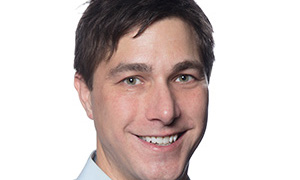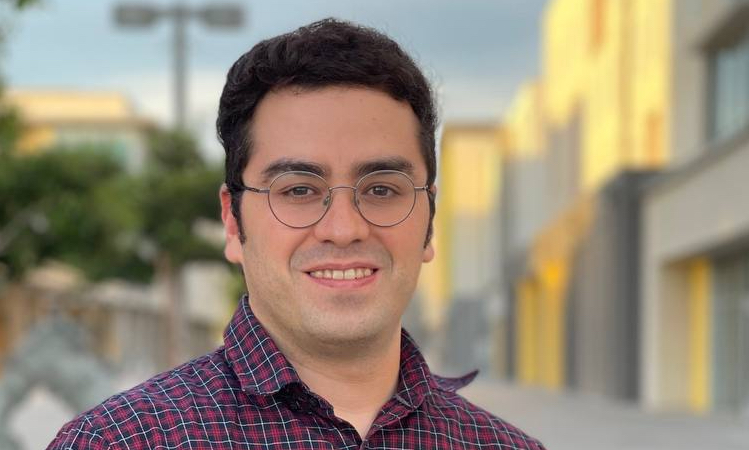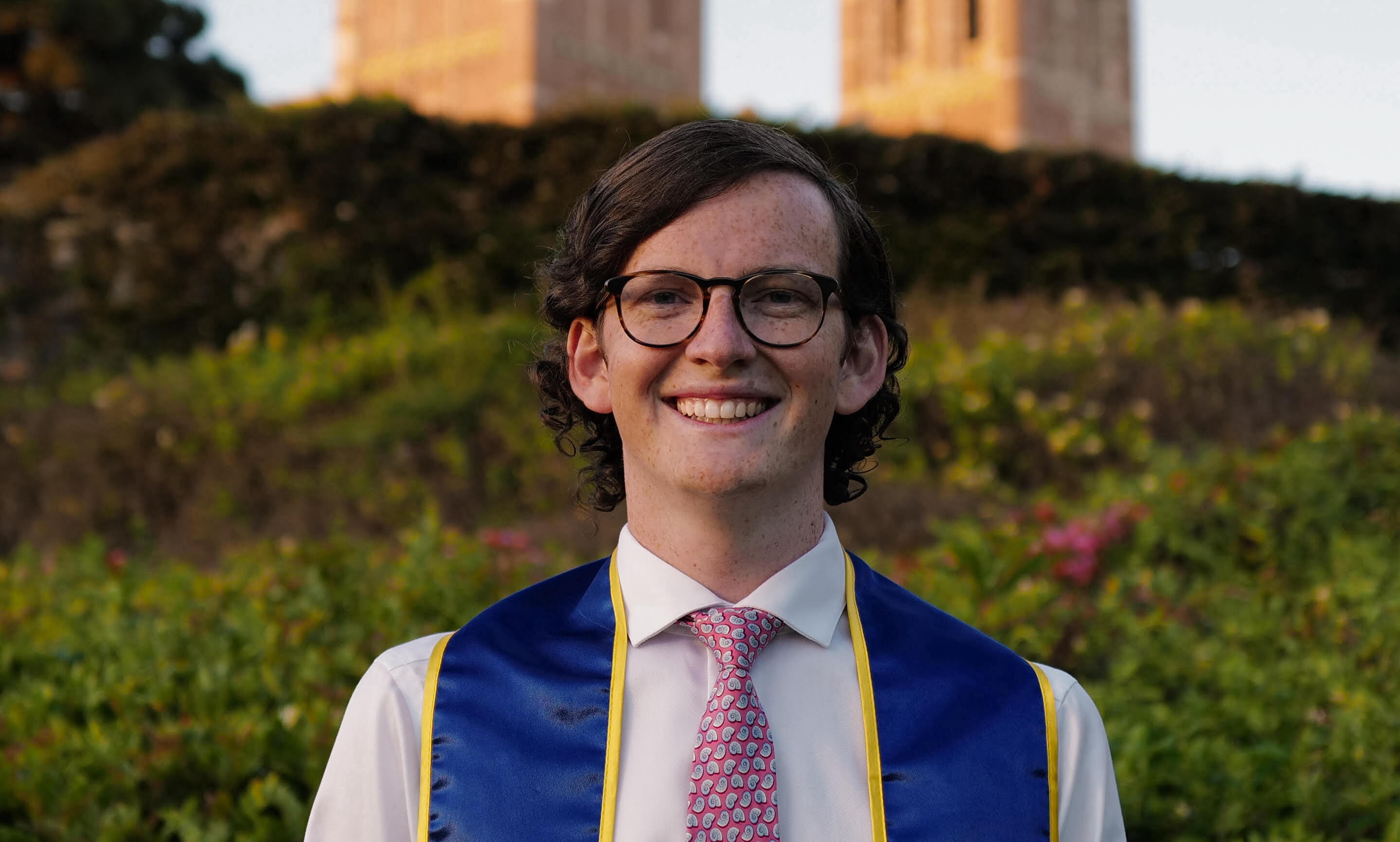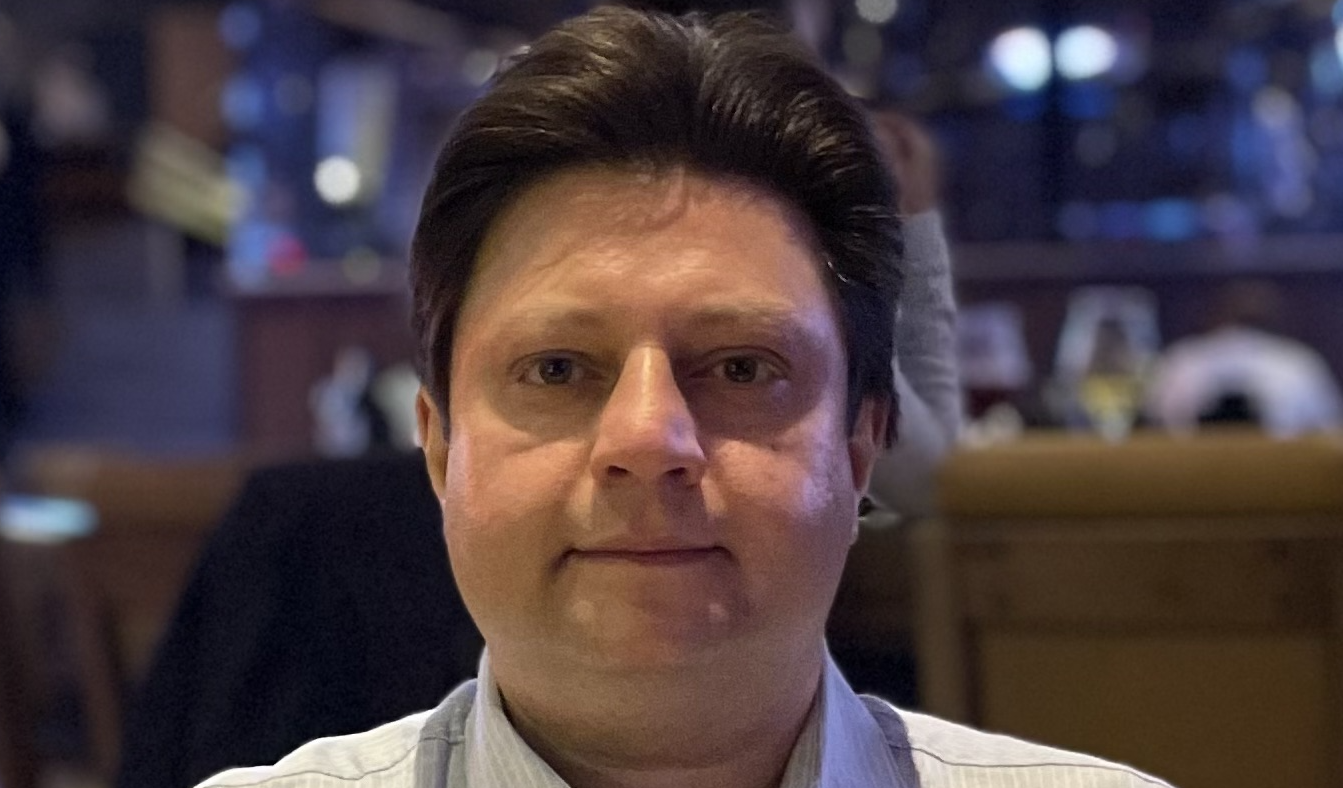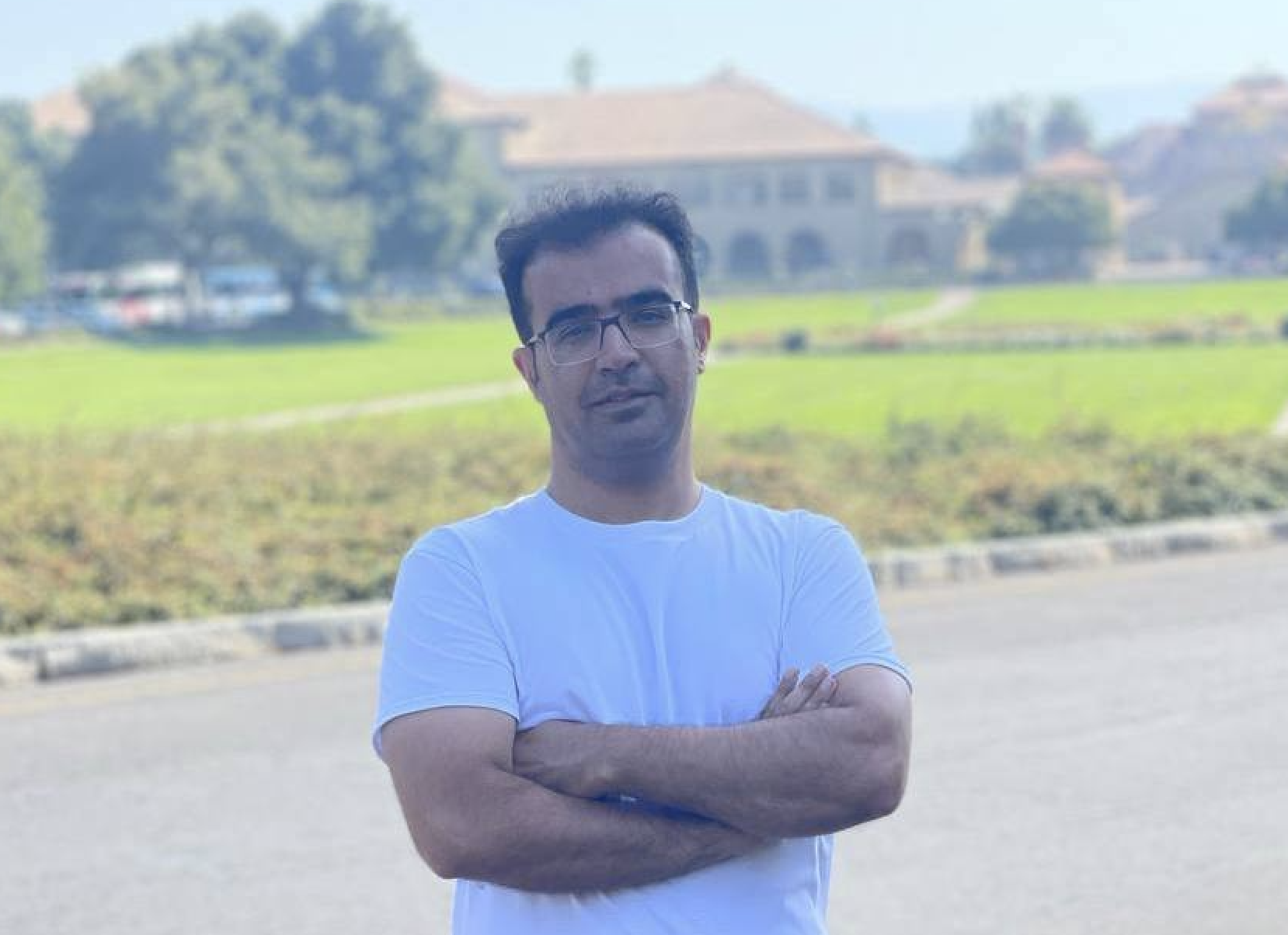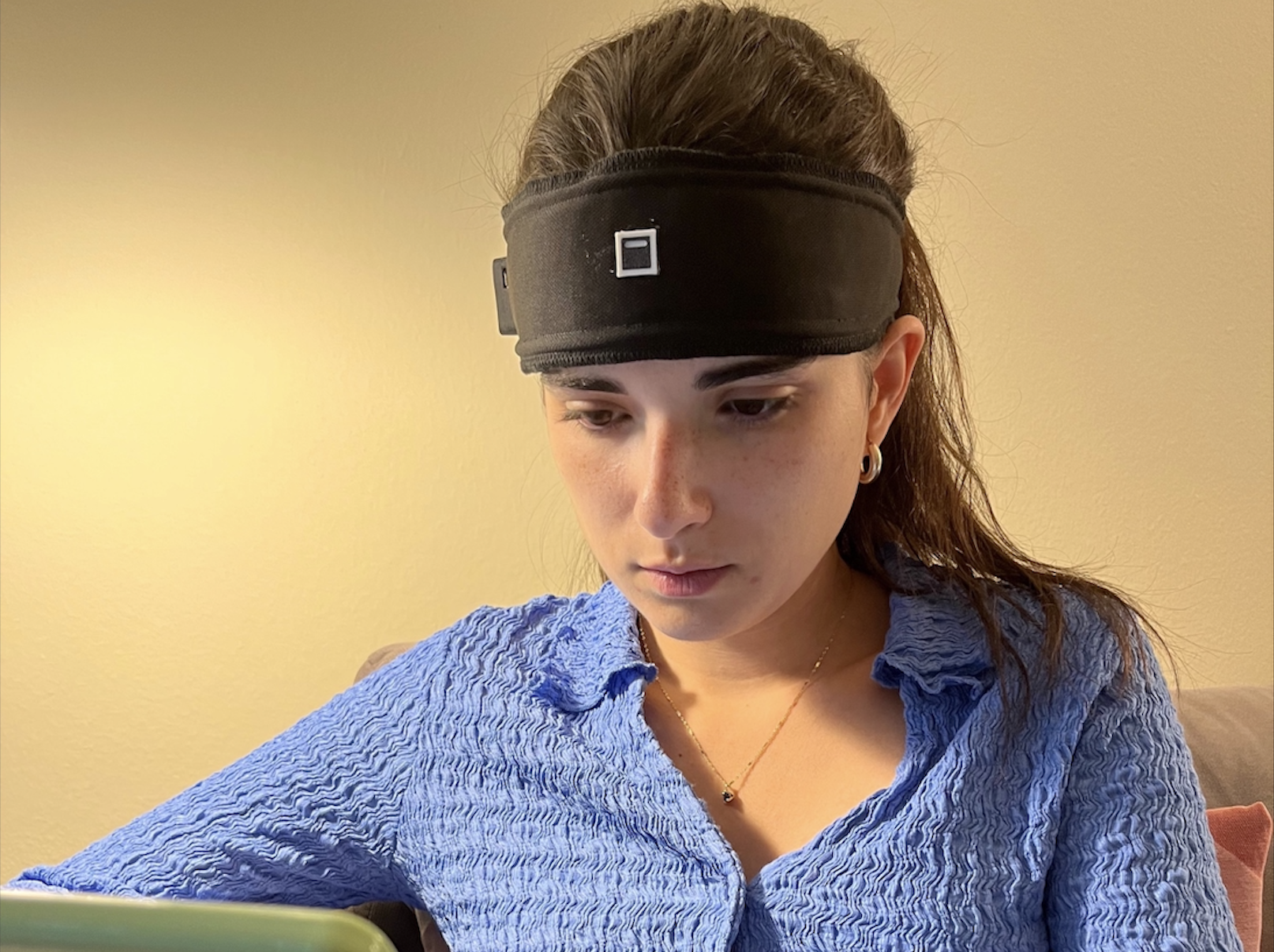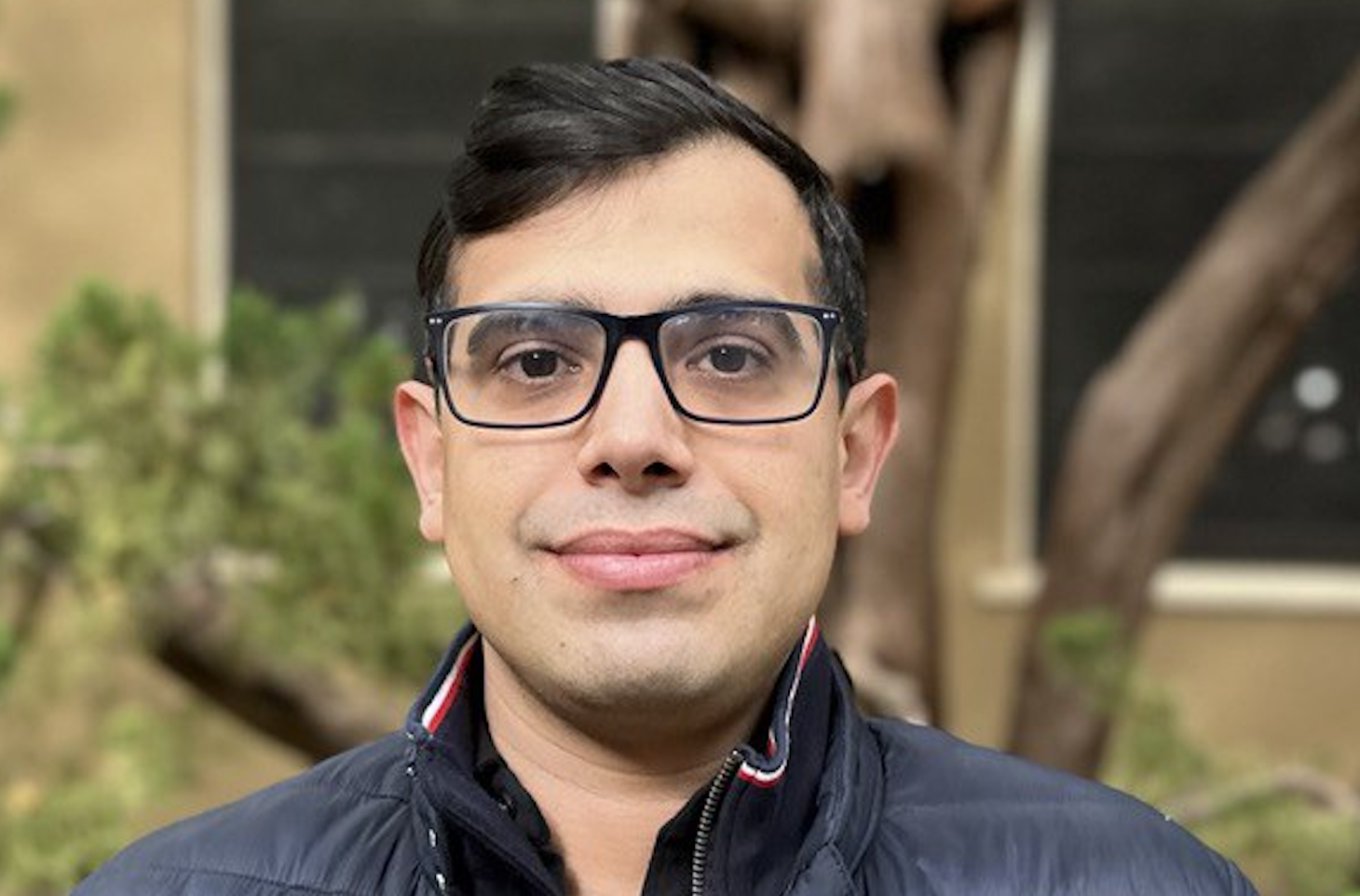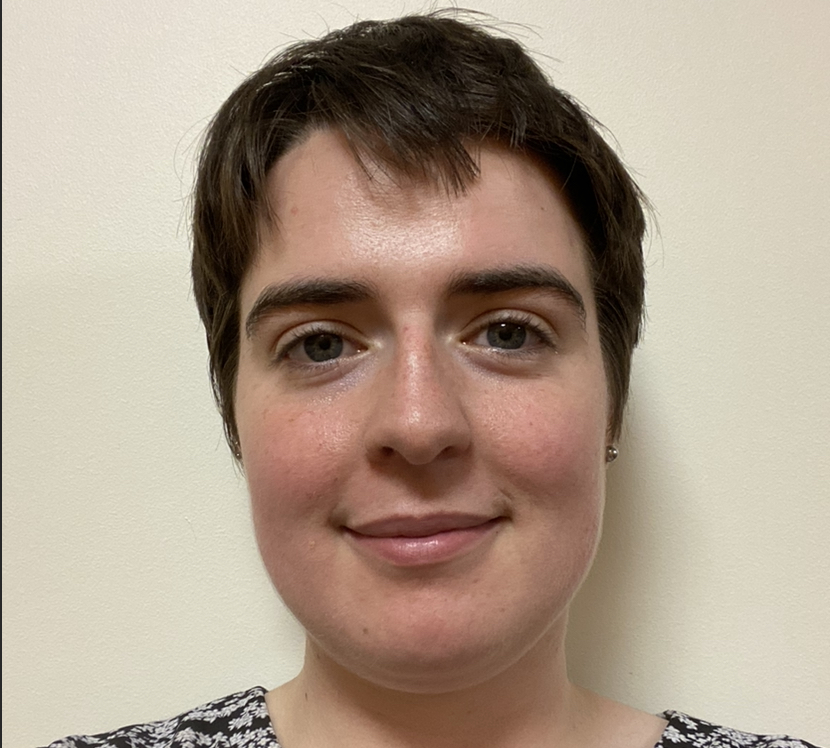Our Team Brains @ C-BRAIN
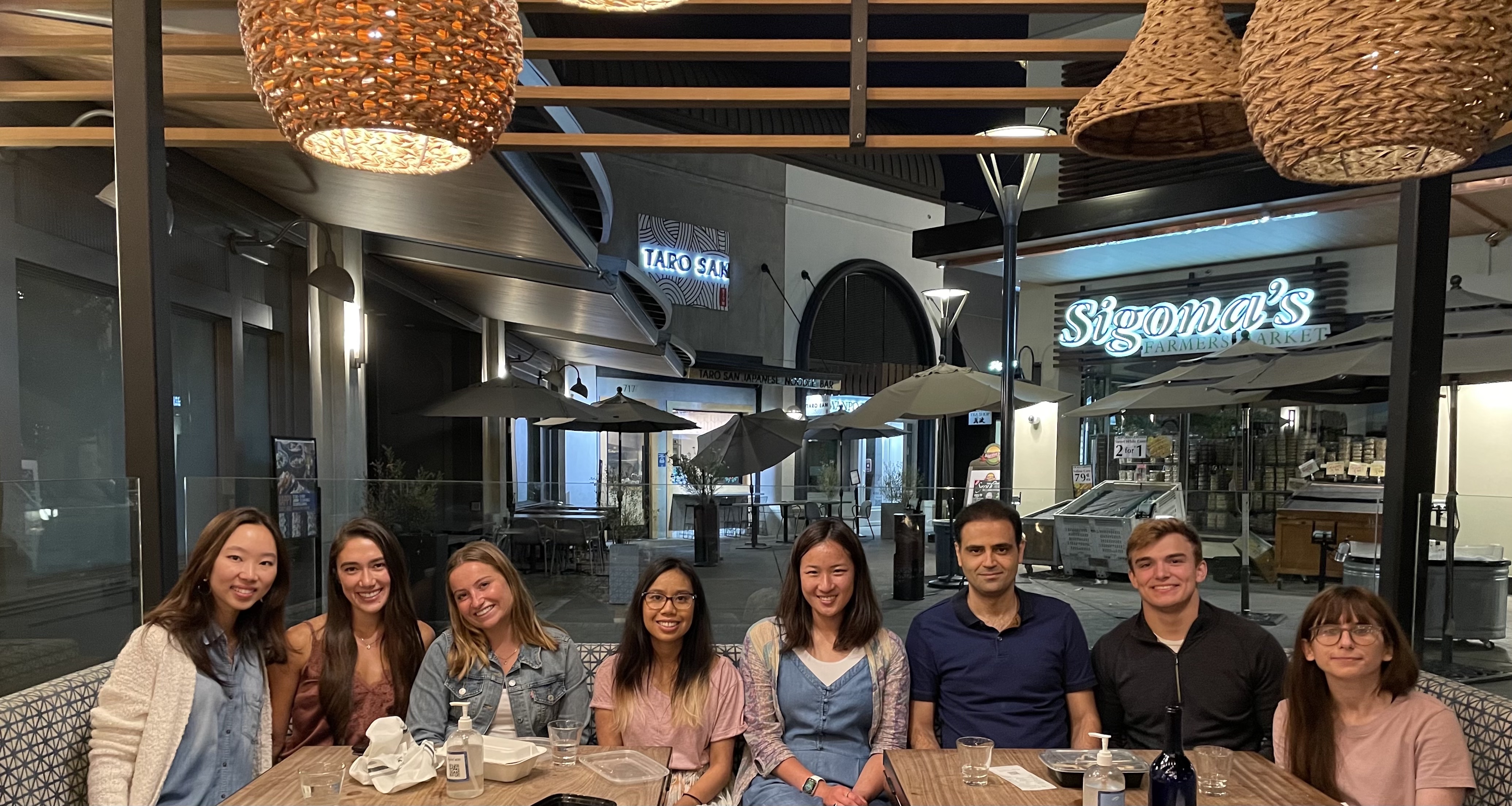
{ } Lab Director
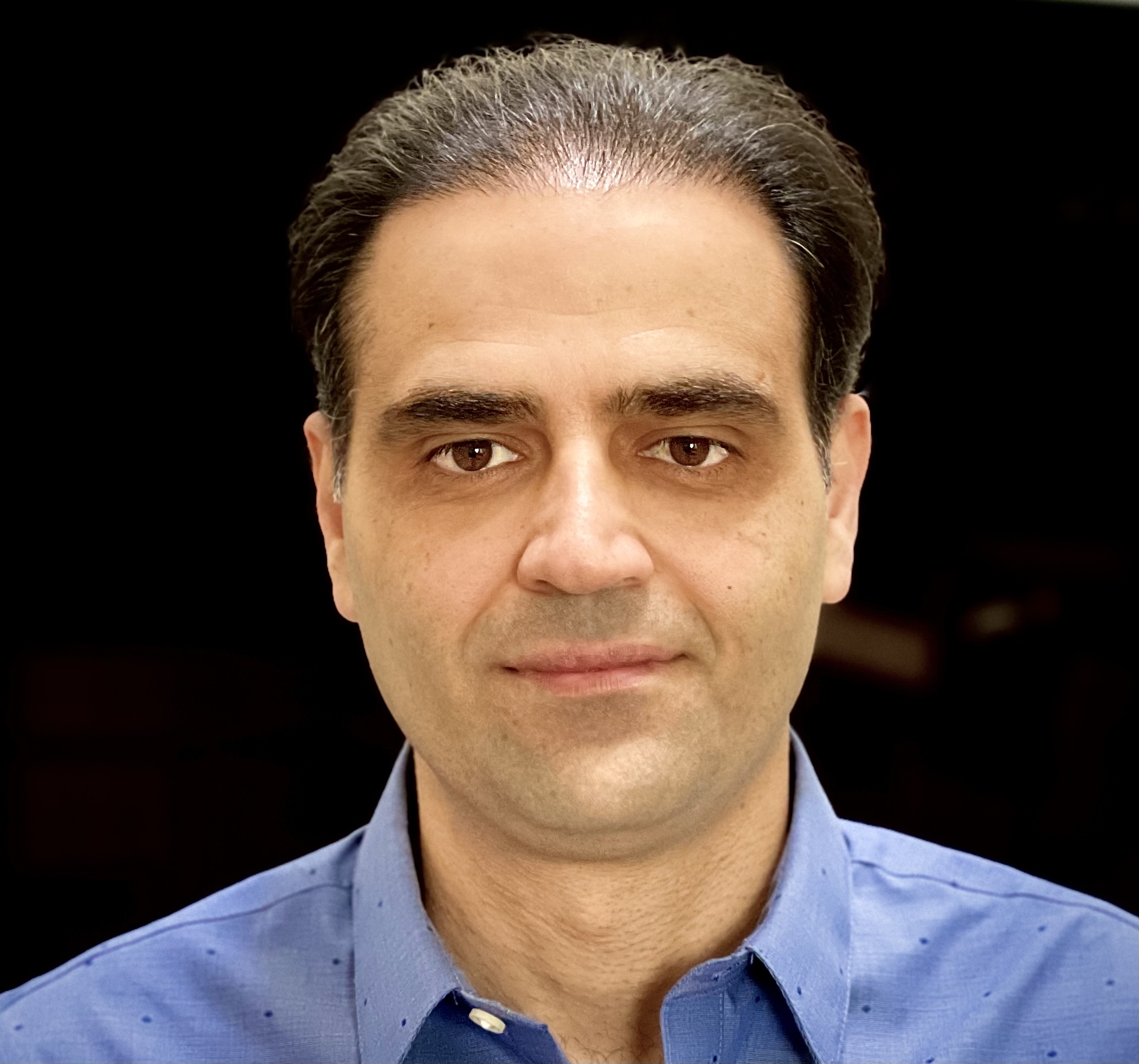
Hadi Hosseini, PhD Principal Investigator
Our lab’s research portfolio crosses multiple disciplines including computational neuropsychiatry, cognitive neuroscience, multimodal neuroimaging and neurocognitive rehabilitation. Our computational neuropsychiatry research mainly involves investigating alterations in the organization of connectome in various neurodevelopmental and neurocognitive disorders using state of the art neuroimaging techniques (qMRI, dMRI, fMRI, fNIRS) combined with novel computational methods (network and multivariate pattern analyses).
The ultimate research goal is to translate the findings from computational neuropsychiatry research toward developing personalized interventions. We have been developing personalized interventions that integrate computerized cognitive rehabilitation, real-time functional brain imaging and neurofeedback, as well as virtual reality (VR) tailored toward targeted rehabilitation of the affected brain networks in patients with neurocognitive disorders.
{ } Junior Faculty & Career Award Mentees
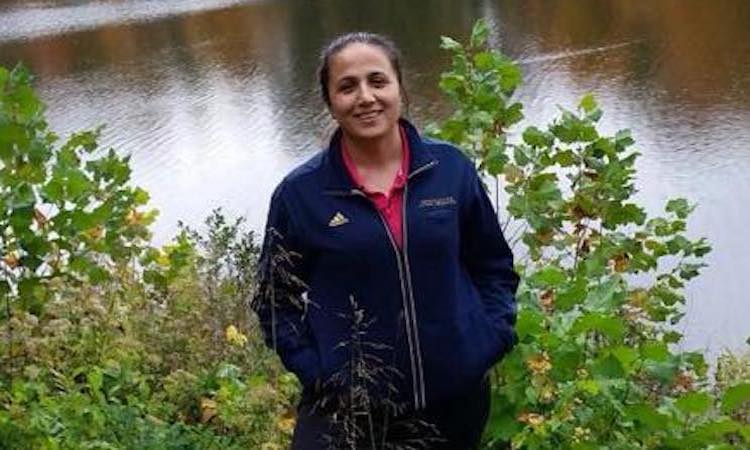
Elveda Gozdas, PhD Instructor
Elveda earned her doctoral degree in Physics under Dr. Scott K. Holland's mentorship at Cincinnati Children's Hospital/University of Cincinnati in 2018. There she examined the impact of premature birth and brain injury in infants on functional and structural brain networks using advanced MRI methods. She recently received the Pathway to Independence Award (K99/R00) from NICHD to pursue her independent research on predicting long-term outcomes in preterm infants using multimodal neuroimaging techniques and environmental factors. In her free time, Elveda enjoys quality time with family and friends, cooking and hiking.
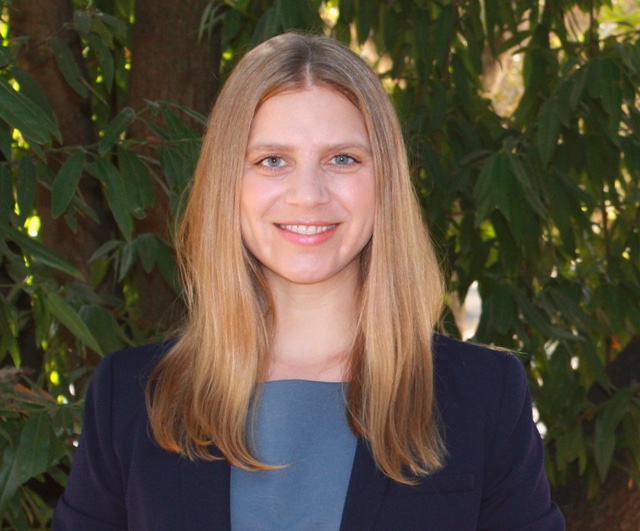
Jennifer Bruno, PhD Instructor
Dr. Bruno is a translational researcher at the interface of developmental cognitive neuropsychology and neurobiology. An overarching goal of her work is to understand developmental windows of vulnerability—periods of risk for falling off the trajectory of typical brain development. Her research utilizes genetics, brain imaging, and deep behavioral phenotyping to bridge computational science with clinical knowledge, translating cutting-edge science to solve problems of great clinical need. She is currently a PI on a career development award (K01) from the National Institute on Aging. This project explores the intersection between Down syndrome and aging, with ultimate goals of informing the development of treatments for persons with Down syndrome and better understanding Alzheimer’s disease in the general population.
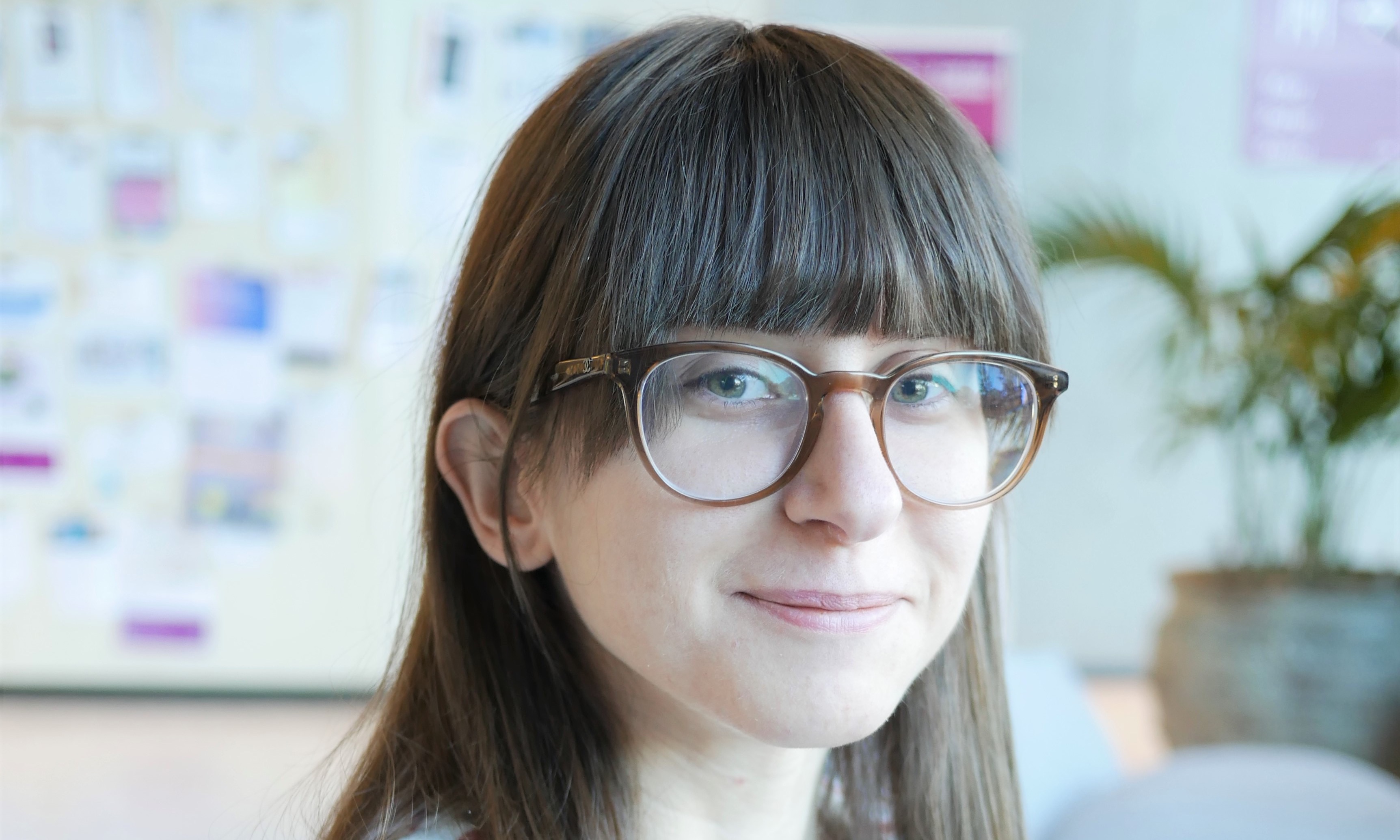
Barbara Avelar Pereira, PhD Assistant Professor
Barbara completed her PhD at Karolinska Institutet (KI) under the supervision of Lars Bäckman, Lars Nyberg, and Alireza Salami. There she used different neuroimaging techniques to investigate functional, structural, and molecular correlates of cognitive aging with a special focus on functional connectivity. She then joined C-BRAIN lab at Stanford as a posdtdoctoral fellow and worked on ways to integrate multimodal data to characterize and better predict Alzheimer’s disease progression. After completing her postdoctoral training at Stanford, she went back to KI and started her independent faculty position. She has been actively collaborating with C-BRAIN lab since her departure.
Ali Rahimpour Jounghani, PhD
Postdoctoral Researcher
Ali earned his Ph.D. at the University of California, Merced. There he used neuroimaging techniques to investigate hemodynamic, and neurobiological correlates of human action-based timing behavior. At Stanford, he explores the utility of neuroimaging systems to study developmental cognition and in particular ADHD intervention. He is testing the validation and reliability of wearable fNIRS by using different advanced computational methods as well as comparing with the localization and functionality of fMRI as ground truth. Outside of research, he enjoys traveling, reading, and gym workouts.
Daniel Tadeo
Lab Manager & CRCA
Daniel completed his B.S. in Neuroscience and B.A. in Applied Linguistics at UCLA. He is interested in adolescent neuropsychiatric research, particularly with regard to psychopathological disorders and their relationship with neurobiological development. Prior to working at Stanford, he worked in areas of data collection and analysis at the Adolescent Brain Cognitive Development Study at UCLA under Dr. Susan Bookheimer. Outside of research, Daniel enjoys painting, collecting records, and seeing live music, among others.
Saman Sarraf, PhD
Research Scientist
Saman is a Machine Learning scientist and leader with years of experience in industry and academia, including driving cutting-edge product and project initiatives at Johnson & Johnson, Amazon, Apple, Visa, et al. He received his PhD in Computer Science from Northcentral University, San Diego, and an MS degree in Electrical and Computer Engineering from McMaster University, Canada. He also obtained MS and BS degrees in Biomedical Engineering from Science & Research University in Tehran. He is employing graph and artificial intelligence techniques to analyze Alzheimer’s multimodal data.
Jafar Zamani, PhD
Postdoctoral Researcher
Jafar is a computational neuroscientist specializing in Alzheimer's Disease research. His work employs AI and advanced statistical methods to analyze neuroimaging data to uncover early changes in brain structure and function in preclinical Alzheimer's disease, and to examine the aging processes that exacerbate Alzheimer's disease development and progression.
Laura Moreno Carbonell
PhD Student
Laura is a PhD Student at Stanford BioEngineering with interdisciplinary background in product design, biomedical engineering and cognitive neuroscience. She is interested in intergating wearbale devices (e.g., wearable optical imaging, watches, etc.) for measuring patients' brain and behavior at home or in other naturalistic settings.
Amirali Vahid
Postdoctoral Researcher
Amirali earned his Ph.D. at Tu Dresden in Germany, where he used neuroimaging and behavioral data alongside artificial intelligence techniques to investigate the neurophysiological processes underlying various forms of cognitive control. At Stanford, Amirali continues to use artificial intelligence methodologies in neuroimaging research, focusing on early diagnosis and uncovering the pathology of Alzheimer's disease.
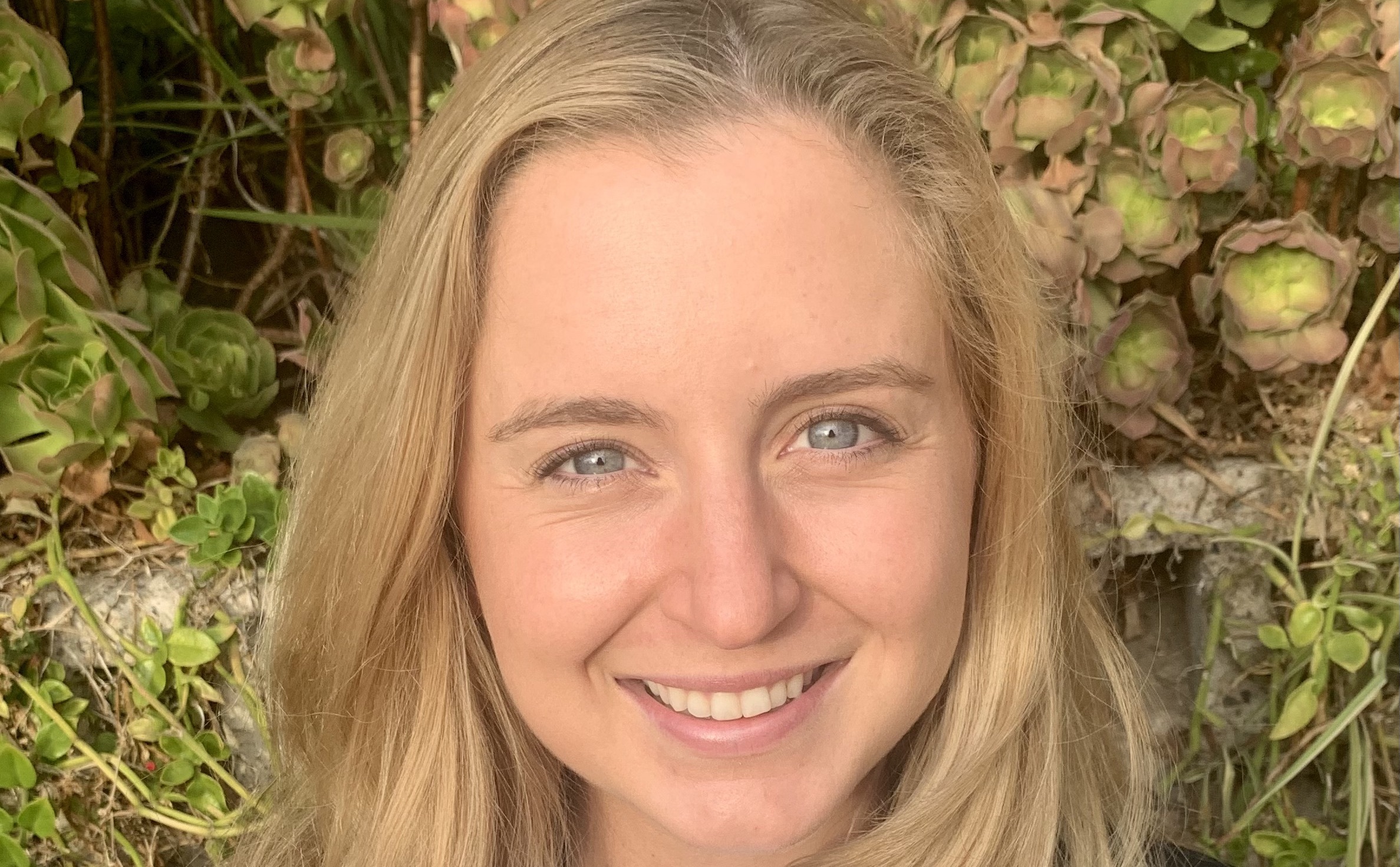
Eliza Johnson
Graduate Research Assistant
Liza is a doctoral student in the PGSP-Stanford PsyD Consortium studying Clinical Psychology with a special interest in neuropsychological evaluation for adults with brain based disorders and injuries. She hopes foster her love of scientific communication through neuropsychology to increase access to and utility of the treasure trove of information gathered from psychological evaluation through innovation and technology usage. In her free time, she is also a certified yoga teacher and group road cycling instructor.
Kate Goulden
Clinical Research Coordinator Associate
Kate joined the CBrain Lab in the summer of 2023 after completing her master's at Boston University. Her research interests are biomarkers of early Alzheimer’s and MCI, as well as the connection between biomarkers and neuropsychological tests. She enjoys cooking and seeing live music.
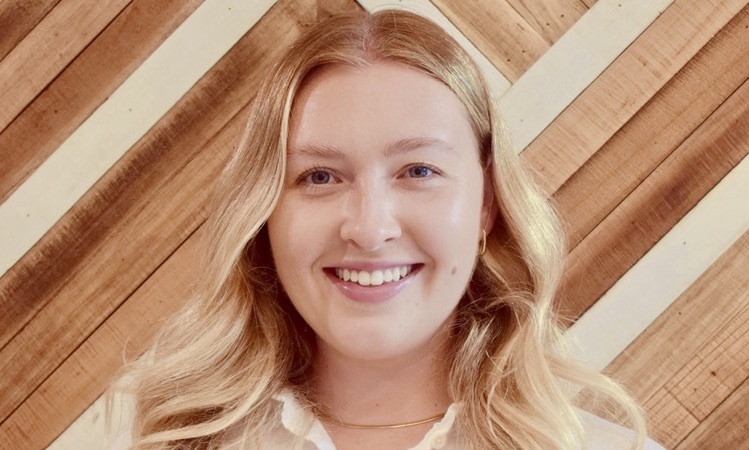
Saskia Newkirk
PsyD Student
Saskia received her M.A. in Clinical Psychology from Teacher’s College, Columbia University. She is currently completing her doctoral degree at the PGSP-Stanford Psy.D. Consortium. She is pursuing a specialization in Neuropsychology and has a particular interest in the assessment of Neurodegenerative disease. She is currently training at the Palo Alto VA Neuropsychology Assessment and Intervention Clinic. In her spare time, Saskia enjoys cooking, reading, and taking her golden retriever, Denver, to the park.
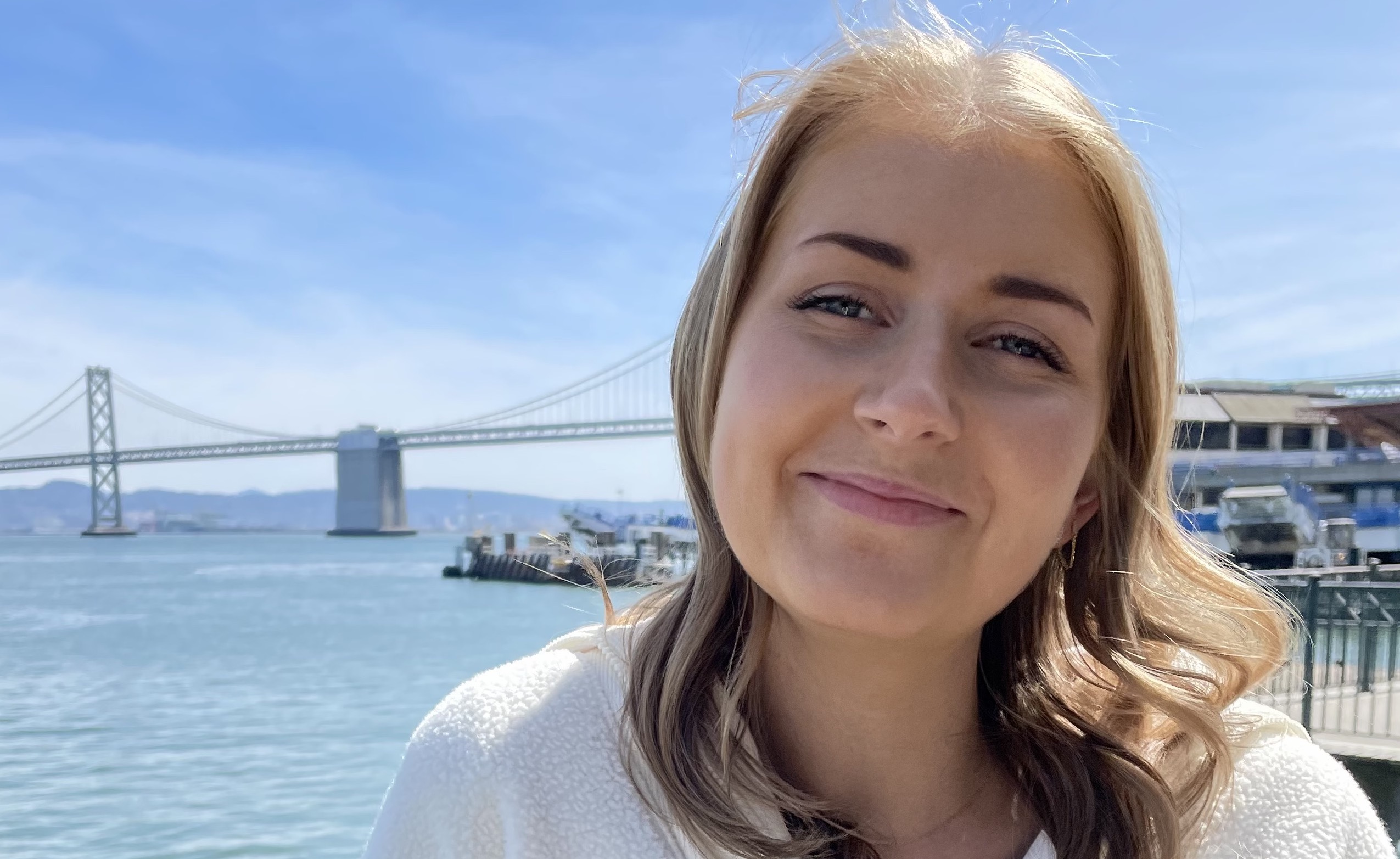
Mary Robbins
PsyD Student
Mary is pursuing her doctoral degree at the PGSP-Stanford Psy.D. Consortium and is currently in her third year of the program. Prior to graduate school, she received her B.A. in psychology from the University of California, Los Angeles. She is interested in child mental health, social-emotional development, resilience factors, and parenting interventions. Outside of the lab, she provides individual therapy to elementary school students and co-facilitates groups for children with selective mutism. In her free time, she enjoys spending time with friends and family, skiing, listening to audiobooks, and painting.
{ }Collaborators
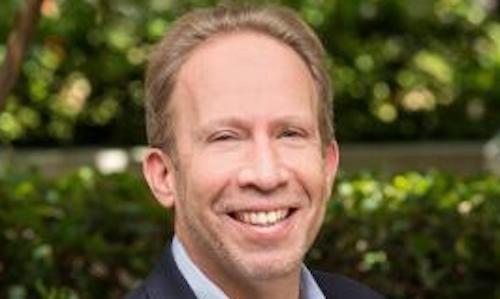
Allan Reiss
Stanford - Psychiatry and Behavioral Sciences
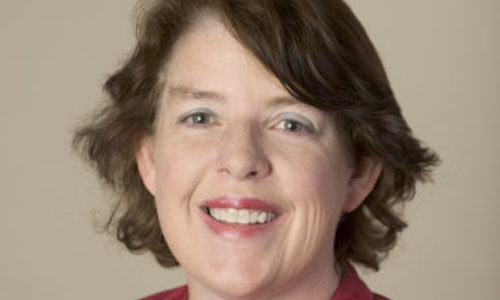
Ruth O'Hara
Stanford - Psychiatry and Behavioral Sciences
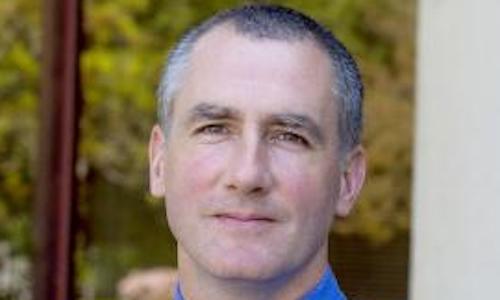
Michael Greicius
Stanford
Neurology
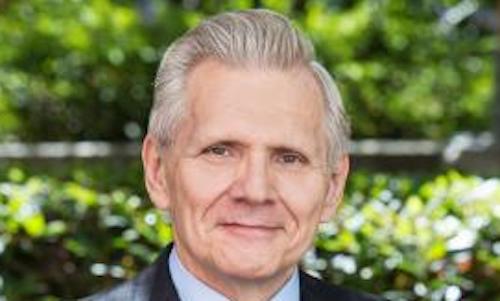
Glen Elliot
Children Health Council (CHC)

Maarten Lansberg
Stanford - Psychiatry and Behavioral Sciences

Joel Kramer
UCSF - Memory and Aging Center
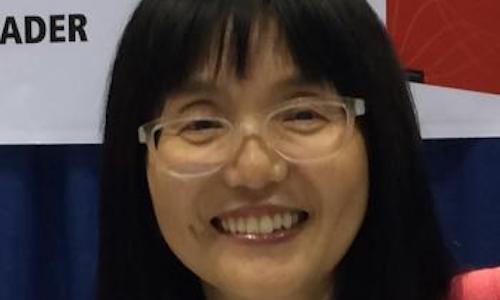
Booil Jo
Stanford - Psychiatry and Behavioral Sciences

David Hong
Stanford - Psychiatry and Behavioral Sciences
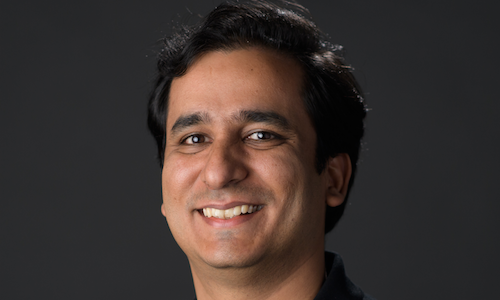
Manish Saggar
Stanford - Psychiatry and Behavioral Sciences
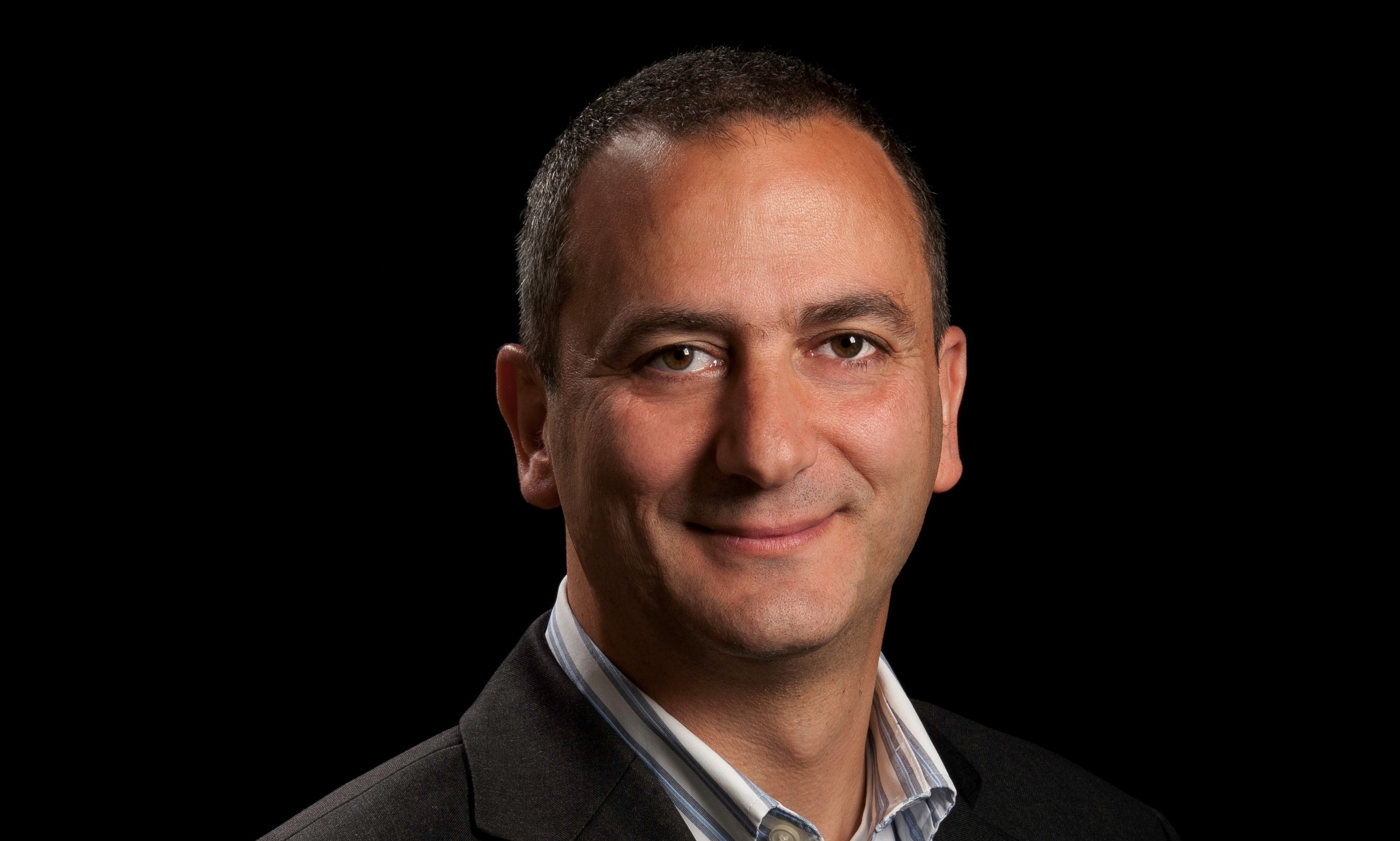
Antonio Hardan
Stanford - Psychiatry and Behavioral Sciences

Stephen Hinshaw
UC Berkeley
Psychology
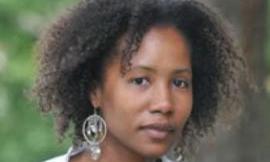
Audrey Bowden
Stanford
Bioengineering
